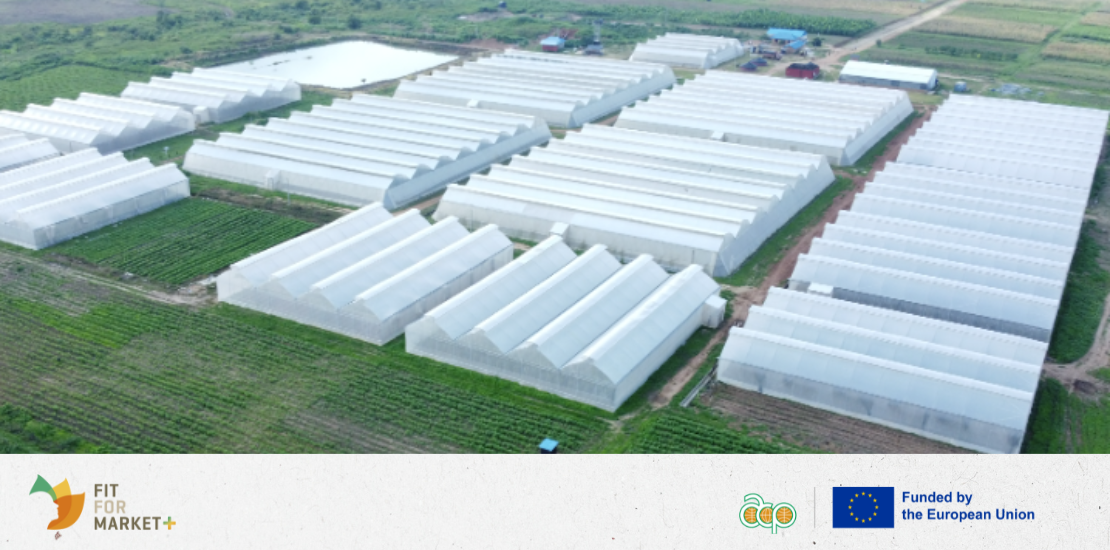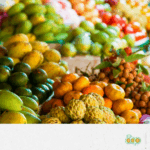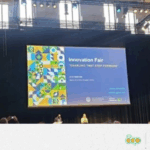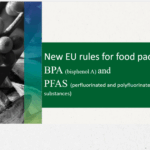- 27/09/2024
- Posted by: Sandra Borma
- Category: News

Improving soil management: the case of Dobi Agrico in Nigeria
Dobi Agrico Limited is a Nigerian agricultural company established in 2013 whose main activity is the production of horticultural crops under greenhouses. It produces tomatoes, cucumbers, peppers, habanero and spinach. Dobi Agrico’s other crops include rice, soya and corn, sesame, butternut, eggplant and bitter gourd.
Dobi Agrico is in Dobi local government area, about 85km from the centre of Abuja. The total area of the farm is about 200 hectares. The greenhouses currently cover an area of 10ha and are supplied by an automated drip irrigation system that delivers water, nutrients and when needed relevant and authorized pesticides to the plants.
Dobi Agrico recently approached COLEAD to improve the skills of its staff in all aspects of horticultural best practices. Obtaining the necessary certifications to have a global brand for their products is also a goal they have set for themselves. In fact, they obtained GLOBALG.A.P. certification in 2023. This can only be achieved by harvesting healthy crops and maintaining high average yields throughout the year. Maintaining high yields starts with understanding and managing the soil you’re working with. To this end, Dobi Agrico’s agronomists and technical support staff took part in a group training course on sustainable soil management organised by COLEAD in November 2023. At the end of the training, the company’s staff submitted a request for post-training support to implement what they had learned, with coaching from a COLEAD expert.
Based on the knowledge gained during the training implemented through the FFM+ programme and the results of soil analyses (financed by the company), the actual soil management practices were reviewed, and Dobi Agrico’s technical staff were coached to co-design a nutrient management plan to address the identified deficiencies.
This activity is supported by the Fit For Market Plus (FFM+) programme, implemented by COLEAD within the Framework of Development Cooperation between the Organisation of African, Caribbean and Pacific States (OACPS) and the European Union. This publication receives financial support from the European Union and the OACPS. The content of this publication is the sole responsibility of COLEAD and can in no way be taken to reflect the views of the European Union or the OACPS.





